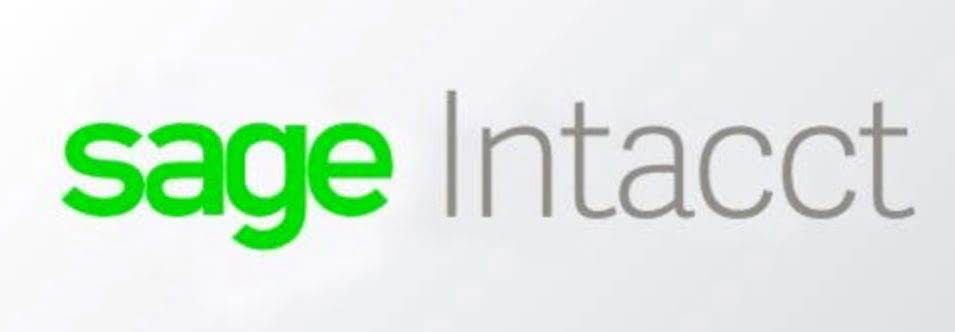
Write Correspondence – letters to patients, medical practices or insurance companies may be created by the medical office assistant using word processing software. The medical office assistant may also be responsible for creating fliers, newsletters and other business collateral materials to promote the medical practice. Suppose providers still find themselves at a loss over how to reduce days in accounts receivable or do not have the bandwidth to evaluate their current processes. In that case, considering an outsourcing solution, such as PayrHealth, will not only reduce accounts receivable and revenue loss but also leverages data and revenue cycle management trends. A medical account receivable refers to the outstanding reimbursement owed to providers for issued treatments and services, whether the financial responsibility falls to the patient or their insurance company.
Your staff must be direct regarding your financial policy, but they should always show respect for patients during the collection process. This can impact the financial health of the medical office, leading to financial difficulties and a strain on relationships with suppliers. Accurate tracking of AP enables a medical office to create realistic budgets, allocate resources efficiently, and plan for future expenses effectively. Accountants are bound to the highest standards of ethics compared to any other profession.
Managing Your Healthcare Accounts Receivable Process and Improving Patient Communications
That’s why many healthcare organizations have started leveraging automated solutions, as they streamline the previously time-consuming, error-prone process of collecting, searching, and updating client details. They also ensure that those details aren’t duplicated or lost in the shuffle of switching between systems or transcribing them from paper copies. Medical billing procedures are ever-changing, so it’s helpful to have an experienced AR staff who can stay on top of those updated operations, collection processes, and more.
The work can often involve finding ways to make a facility's patient care strategies more financially efficient without sacrificing overall care quality. As such, the work of a health care accountant is a crucial component to a health care organization’s ultimate goal of providing cost-efficient care that’s effective in potentially improving patient outcomes. This component can make health accounting for medical practices care accounting a uniquely satisfying branch of accounting to explore. The ongoing shift of the health care system away from fee-for-service compensation toward value-based reimbursement means that holding providers accountable for cost and quality is more important than ever. We’ll break it all down in this article so that you gain a better understanding of these foundational basics.
How Do Accounts Payable Affect a Medical Office?
According to Mail My Statements, the majority of patients now prefer to receive their bills and pay them online. Good old fashioned mail is still a reliable and familiar method for sending your statements. In addition to the standard forms, such as HIPAA forms and medical history, give patients a simple flyer with definitions of common billing and insurance terms. Your next step on the patient journey is to communicate your financial policy when patients arrive for their first visit. A simple solution is to give the patient a printed handout that explains the billing and insurance policy in simple terms that they can understand. Call patients before the appointment to talk about pre-authorization and benefits.